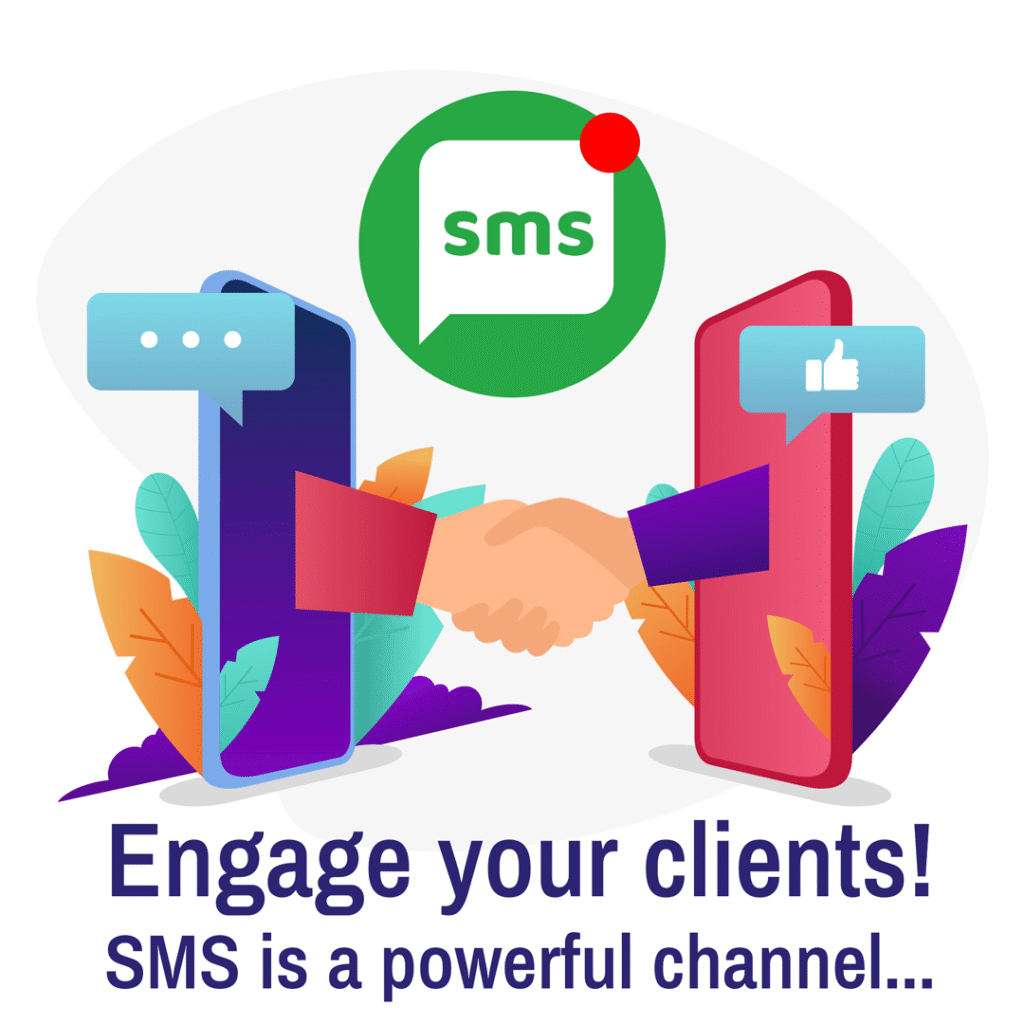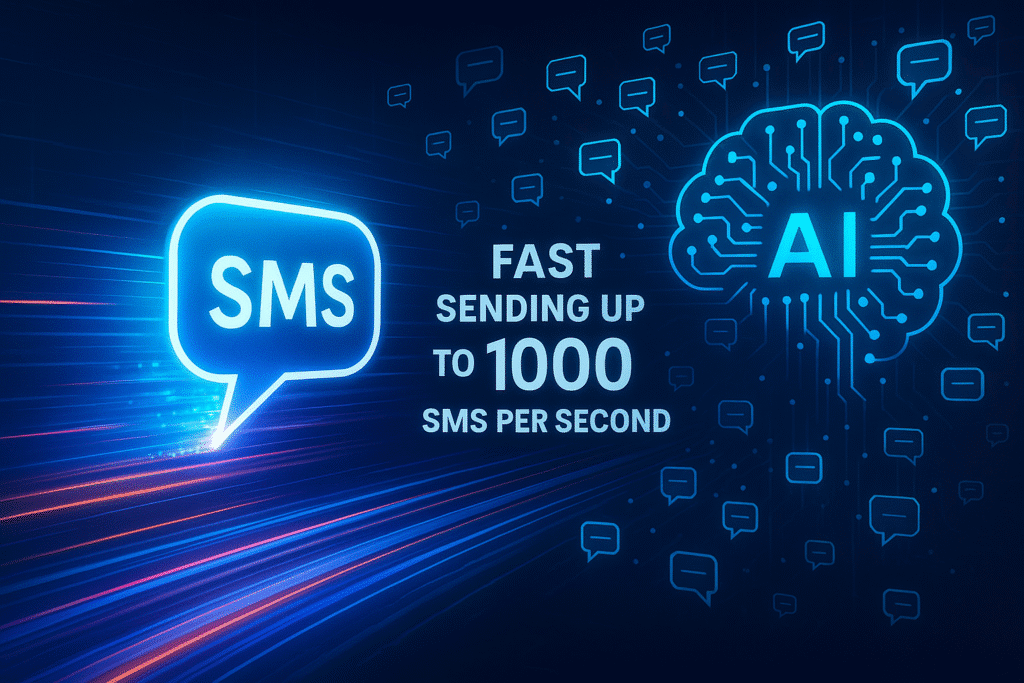📑Table of Contents:
Marketing channels are evolving quickly. Businesses now compete in crowded inboxes, social feeds, and search results. But one channel continues to stand out: SMS marketing. Short Message Service, or SMS, delivers messages directly to mobile phones. Because almost everyone carries a phone, SMS becomes a direct and personal way to connect.
Unlike emails or social ads, text messages cut through noise. They reach people in real time, with high open rates. Customers see them faster, respond quicker, and often engage more. This makes SMS one of the most powerful marketing tools available today.
In this article, we will explore why SMS marketing matters, how it works, and the strategies that make it so effective.

Why SMS Marketing Matters
SMS marketing offers a unique blend of immediacy and reach. While emails sometimes go unopened, texts rarely do. Studies show that open rates for SMS hover around 98%. Compare that with email, where open rates average about 20%. The difference is huge.
Another reason is convenience. People read texts within minutes of receiving them. This makes SMS perfect for flash sales, time-sensitive offers, or urgent updates. Moreover, unlike social media algorithms, SMS does not rely on platform rules. You deliver messages directly to your audience, without filters or restrictions.
Therefore, SMS helps businesses build stronger, more reliable customer relationships. It offers control, speed, and guaranteed visibility.
Key Benefits of SMS Marketing
1. High Engagement Rates
Texts rarely go ignored. Most customers read them instantly. Because messages are short, they are easy to digest. This naturally leads to higher engagement compared to emails or ads.
2. Cost-Effective Communication
SMS marketing is affordable. A single text costs very little, yet it can deliver high returns. Even small businesses with limited budgets can use SMS campaigns to great effect.
3. Versatility
From promotions to appointment reminders, SMS can serve many purposes. You can notify customers about product launches, shipping updates, or loyalty rewards. The possibilities are wide-ranging.
4. Personalization
With modern SMS platforms, you can personalize messages. Adding a customer’s name or tailoring offers based on their behavior makes texts feel more relevant. This increases trust and response rates.
5. Better Customer Relationships
Because texts feel personal, customers are more likely to engage positively. When used correctly, SMS builds loyalty and strengthens bonds with your audience.
How SMS Marketing Works
To start an SMS campaign, businesses need an SMS platform. The platform stores customer numbers, manages campaigns, and tracks responses.
The first step is collecting phone numbers legally, usually through opt-in forms or keywords. For example, a customer may text “JOIN” to a number. Once subscribed, they receive future promotions or alerts.
Next, you craft clear, concise messages. These should include a strong call-to-action. For instance: “Flash Sale Today Only – Get 20% off. Shop now!”
Finally, you schedule or send messages instantly. Most platforms also provide analytics, so you can measure open rates, clicks, and conversions.

Best Practices for SMS Marketing
- Gain Permission – Always ask customers to opt in. This ensures compliance with regulations and builds trust.
- Keep it Short – SMS has a 160-character limit. Make every word count.
- Use Clear CTAs – Tell customers exactly what to do next, like “Buy now” or “Reply YES.”
- Timing Matters – Send messages when people are most likely to engage, such as mid-morning or early evening.
- Segment Audiences – Group customers based on interests or behavior. This makes campaigns more relevant.
- Don’t Overdo It – Too many messages can feel intrusive. Balance frequency to keep customers engaged without annoying them.
- Track Performance – Monitor results and adjust strategies to improve effectiveness.
SMS vs. Other Marketing Channels
Email marketing has broader content capabilities, but it lacks immediacy. Social media allows creativity, but algorithms limit reach. Paid ads can bring visibility, but costs rise quickly.
SMS, however, blends affordability with impact. It provides direct communication, unmatched open rates, and instant reach. When combined with other channels, SMS strengthens a brand’s marketing mix.
Examples of SMS Marketing in Action
- Retail: A clothing store sends “50% Off Today Only” texts to drive in-store traffic.
- Healthcare: Clinics remind patients about appointments, reducing no-shows.
- Restaurants: Cafés share daily lunch specials via SMS.
- E-commerce: Online shops confirm orders, update shipping status, and send restock alerts.
- Events: Organizers use SMS to share ticket updates, venue changes, or special offers.
These examples show how flexible and powerful SMS can be across industries.
The Future of SMS Marketing
SMS marketing will continue to grow. As consumers demand faster communication, businesses will rely more on texting. Integration with AI and automation will make campaigns smarter and more targeted.
We can expect richer messaging formats, too. MMS, RCS, and interactive texts are already expanding possibilities. In the near future, SMS may become an even more engaging and visual channel.

Conclusion
The power of SMS marketing lies in its simplicity. Messages are short, direct, and personal. They cut through digital noise and reach customers instantly. Businesses that use SMS wisely can boost engagement, improve sales, and strengthen customer loyalty.
While no single channel guarantees success, SMS remains a crucial tool in any modern marketing strategy. By following best practices and respecting customer trust, companies can unlock its full potential.
